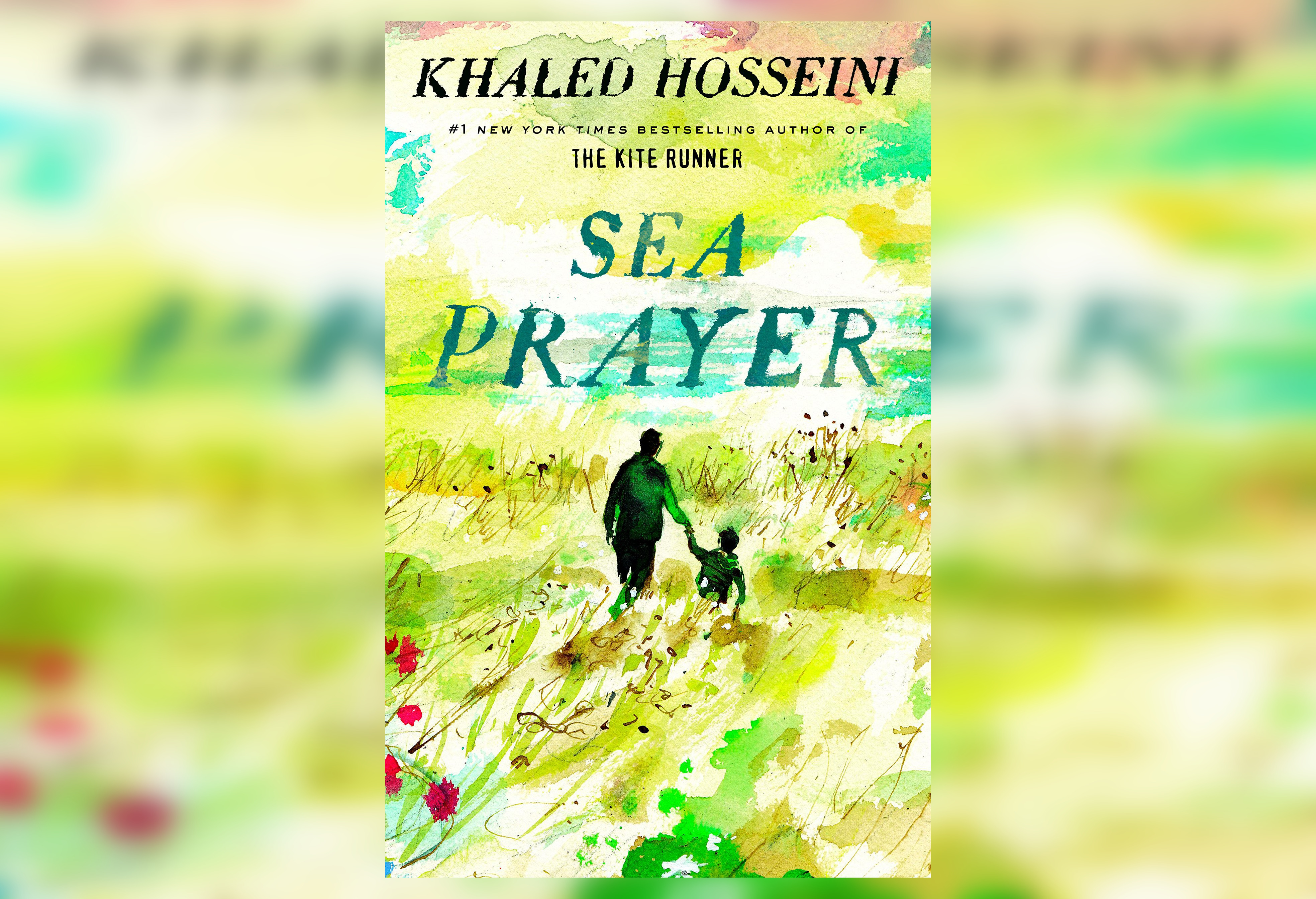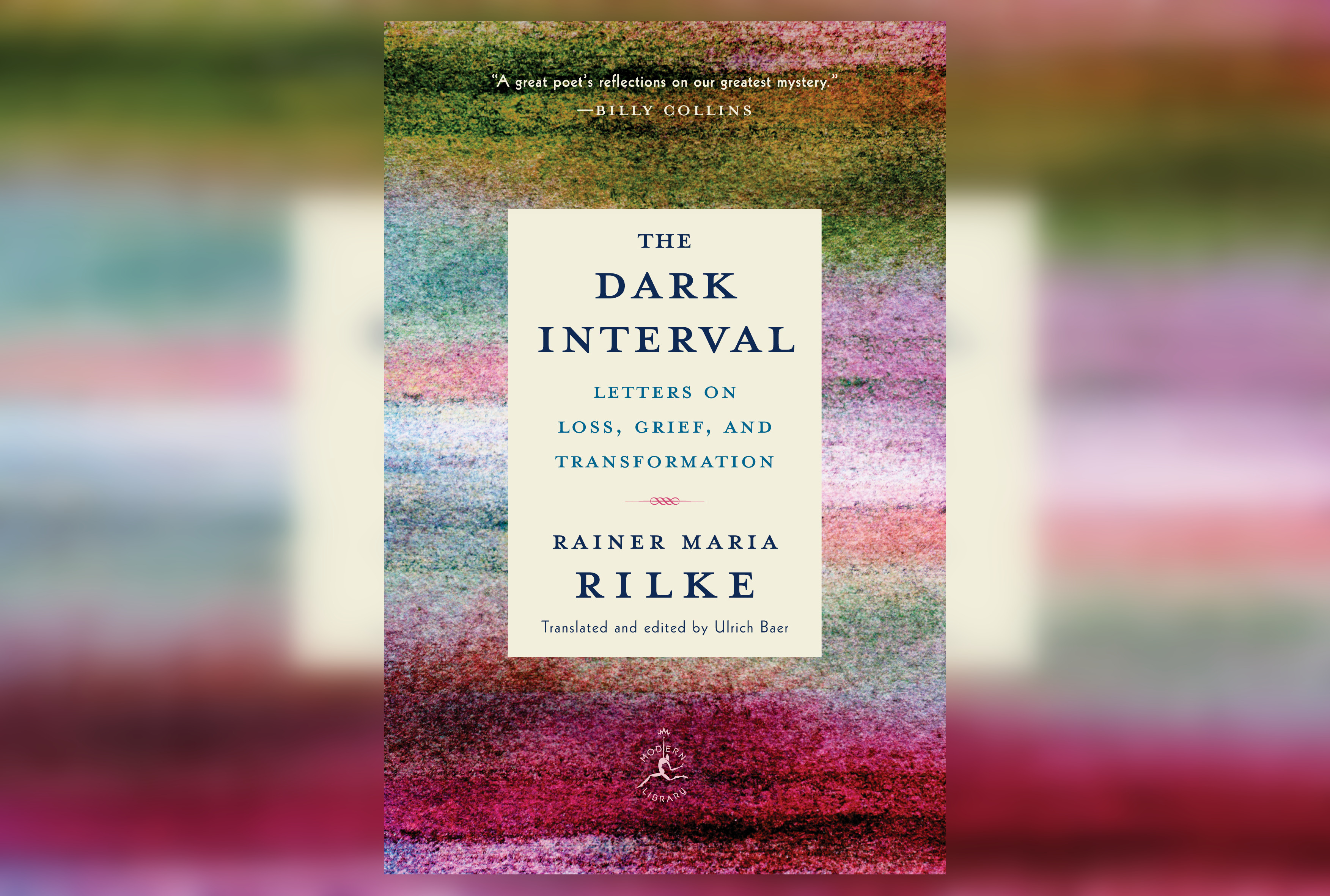“I am staring out the window of my office and thinking about death.”
So opens Lydia Kiesling’s debut novel The Golden State, and over the next 290 pages narrator Daphne returns again and again to the idea of death. She imagines the death of her child, her husband, her own death, and dwells on the death of a student for which she feels responsible. A novel like this, you think as you read it, must inevitably end with death. The book is set over ten days, as Daphne flees her job and drives with her daughter Honey to the mobile home she inherited in Paiute Country. She befriends an elderly woman named Alice, and idly but anxiously observes small town secessionists as they attempt to reclaim what they call the “State of Jefferson.”
Daphne’s life is in stasis – her husband is in Green Card hell and stuck in Istanbul until further notice, her job is unfulfilling, and being a mother is at once joyous and mind-numbing. She works at an Institute in a university that she describes as “like a once-vigorous person now covered with tumors that behave exactly as they please”. Kiesling’s writing is propulsive – Daphne is often in motion, and the style reflects her state of mind: when she is busy or agitated the paragraphs start to lose their structure and fill with run-on sentences, her actions reduced to streams of individual words. Time is condensed and elongated in this novel. In the rare moments where Daphne does not have to multitask, the writing becomes less spontaneous, and the storytelling becomes reflective. At one point when Honey is sleeping, Daphne thinks “things seem just fine in this particular moment.” The novel is made up of these “particular” moments.
Nostalgia is what draws Daphne back to Paiute, but when her inherited home fails to live up to her expectations she seizes on the next thing, and the next. Anticipation supersedes reality for her; she continually decides that she needs to be somewhere other than where she is. She visits a restaurant, a church, various places she remembers from her childhood. She is spurred on by sentimentality, and more often than not there is a discrepancy between what she expects and the reality of a place that leaves her disappointed. Everywhere she goes, she expects that it will “fix” things or confirm for her that she has made the correct choice, and invariably she is let down.
The book takes place over a period of suspended reality. We learn about the drudgery of Daphne’s regular day-to-day life in the past tense. As a result, much of the book is anticipatory – it’s clear that eventually Daphne will have to choose to return to her old life or to do something else. It’s inevitable that the ending feels like something of a let-down after all the pressure that has built up over ten days. The minutiae of motherhood and immediacy of Daphne’s day to day life which come before are more compelling. Daphne’s exhaustion and isolated state, especially in contrast with the tightly banded secessionists, speak to the divisiveness of America today. The simmering rage of those who feel trapped into complacency comes to the surface when she is eventually forced to react to them, in a moment of exasperated fury.
What does Daphne want? is the question that tugged at me throughout the novel. She is an indecisive character: she both wants and does not want her husband to return to her, she feels both over- and underwhelmed at her work, she is at the end of her tether as a mother while also feeling overcome with love for her child. She makes a choice to leave at the start of the novel, and then reflects on her indecisions over the course of her life. Daphne’s choice speaks to a thought many toy with: how dangerously easy it would be to abandon everything. Though she ultimately does not abandon everything, it is her choice to run out on her life that leads her to make a decision that will change it. Kiesling leaves it up in the air whether Daphne has made the right choice – the novel is one that is set in the present, “particular” moment, and the future is uncertain.




